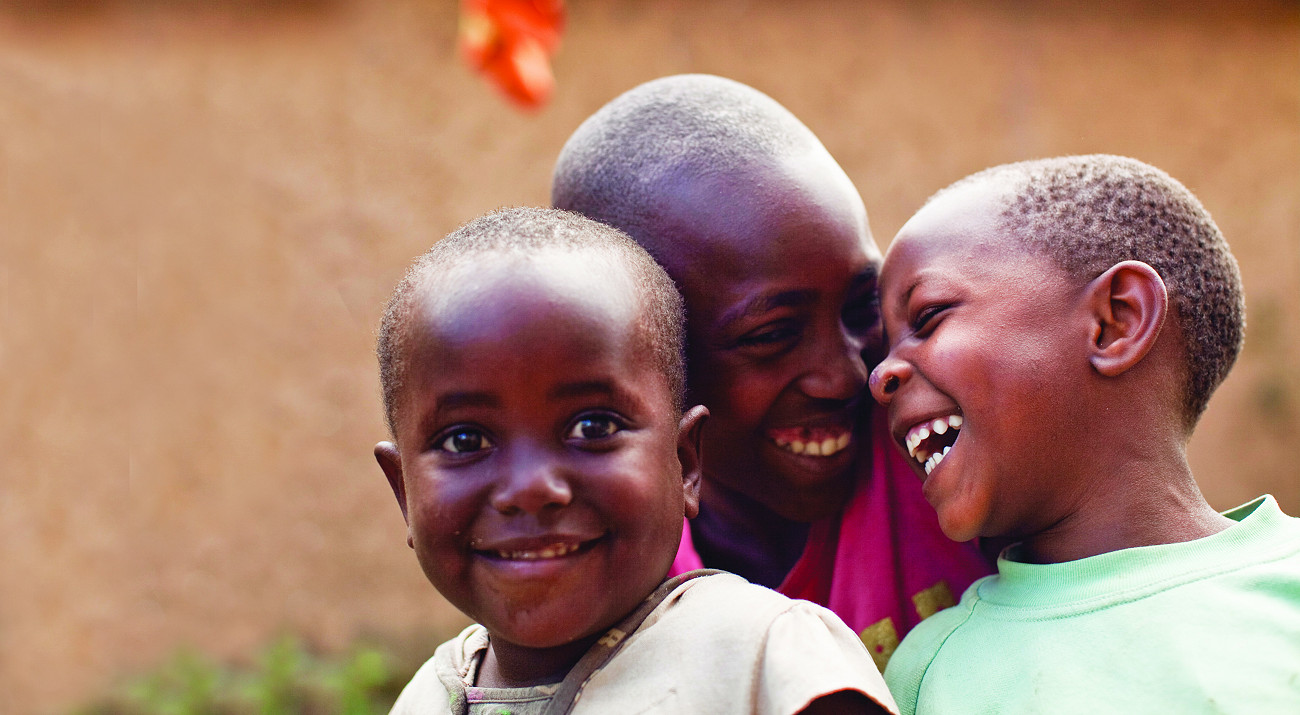Hope and Homes for Children | Turner Kirk Trust

The UBS Optimus Foundation is a recognised leader in innovative financing mechanisms for social impact. The Foundation uses results-based funding, partnering with philanthropists who front the money for charitable projects, which are later paid for by governments and end donors based on the outcome achieved. The Foundation takes smart risks on evidence-based, scalable solutions and focuses on health, education and child protection systems as well as tackling environmental degradation and climate change.
Across the world, the majority of children who are in orphanages should not be there, and the care provided in these institutions is often detrimental to the child. In orphanage systems, the absence of secure and responsive caregivers poses a serious threat to children’s physical, social and mental development.
Research has shown that growing up in orphanages can lead to profound developmental problems and greatly increases the risk of psychiatric disorders. The well-being of children growing up in institutional care worldwide is at risk and their chances in life are dramatically reduced.
In South Africa alone, there are over 21,000 children in residential care. Less than 10% of these children are orphans, and the majority are in the orphanage system as a result of a family breakdown.
Additionally, the orphanage 'industry' draws vital resources and attention away from better approaches to childcare, and in some cases is used by scammers and fraudsters who take advantage of vulnerable children for their own financial gain. This high-profile case of fraud within the industry is a stark example of this issue.
The Turner Kirk Trust has provided a total gift to date of £480,000 to Hope and Homes for Children (HHC) via the UBS Optimus Foundation. HHC is a global initiative working to eliminate orphanage-based care systems and to ensure all children can benefit from being brought up in a loving, caring family environment. In close collaboration with governments, they are closing orphanages, preventing family separation, and putting in place alternative family-based care for children who need it.
In South Africa, HHC’s One Child One Family Project is scaling up child protection across five provinces. Over the past three years, HHC worked in partnership with the Gauteng Department of Social Development (GDSD) in Gauteng Province, South Africa, to implement a pilot program in three institutions in the province to demonstrate that children in residential homes can be reintegrated into family-based care.
After the pilot, the HHC and GDSD scaled these interventions across a further 166 institutions and surrounding communities in Gauteng. The charity also provided technical support to governments in four additional provinces to help prepare them for reforming their own care systems.
Over the course of the project, over 12,000 children in Gauteng benefited from the HCC’s work. As a result, the Gauteng Department of Social Development has signed a memorandum of understanding for the rollout of the child protection system reform throughout the region, with three draft policy statements already developed.
Through One Child One Family, 244 social services professionals and 180 community-based professionals benefitted from training. The programme also coordinated a network of community partners to increase reach and improve family resilience in Gauteng province. It also started a roadmap for care reform in two additional South African provinces: Eastern Cape and Free State.
In response to the COVID-19 pandemic, in April 2020 UBS Optimus Foundation supplied HHC with an additional grant to provide immediate relief to children in 19 childcare institutions.
HHC has already helped 507 families in the HHC program and 797 vulnerable families through the Community Assist Network. From food assistance to supplying PPE to enabling the use of digital technologies, the extra support is helping HHC continue their work in South Africa while addressing COVID-19 restrictions and risks.
At the end of 2023, HHC will hand over their South African Manual on Care Reform, which included the model developed through this project, to the National Department of Social Development for rollout across all nine provinces in 2024.
From 2023 to 2025, the next key step for HHC will be to flood the public domain with the evidence and stories collected through this project, to demonstrate the vital importance of the move away from institutional care to keeping children within their families – which is where they thrive.
2025 update: The UK government has partnered with HHC to launch a global campaign advocating for family-based care for children. The initiative, announced on 17th January, will see the UK lead the first Global Alliance to end the institutionalisation of children. The UK HHC team have worked in an advisory role with the Government's Foreign Commonwealth and Development Office to develop the initiative. Their expertise ensures that reforms are rooted in evidence-based approaches that prioritise children’s rights and well-being.
Key Successes
42 NGO-registered institutions have been shut down
Government-level moratorium on the entry of children aged 0-4 into any form of institutional care introduced
52 children under the age of 3 transitioned out of institutions
166 children and young people with transition plans
84 case management interventions prevented children from entering institutional care
85 foster families trained and ready to receive children